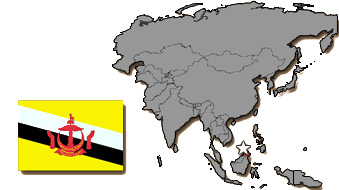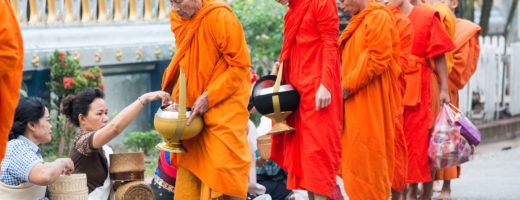“Gay life in Brunei” is not a cause for celebration but rather for secrets and hidden desire. Same-sex love is forbidden in the sultanate and punishable with imprisonment (up to 10 years imprisonment or a fine of 30,000 Brunei dollars). It is a cruel fate to be born gay here under the shroud of Islam.
Brunei is officially the State of Brunei Darussalam or the Nation of Brunei, the Abode of Peace. The country is located on the north coast of the island of Borneo, in Southeast Asia. Apart from its coastline with the South China Sea it is completely surrounded by the state of Sarawak, Malaysia, and in fact it is separated into two parts by Limbang, which is part of Sarawak.
Brunei is the remnant of a very powerful Malaysian sultanate; it gained its independence from the United Kingdom on January 1, 1984 and is a member of the Commonwealth of Nations. During the early-20th century, this Southeast Asian nation experienced an economic boom and underwent rapid development thanks to its oil dicoveries.. Economic growth during the 1970s and 1990s, averaging 56% from 1999 to 2008, has transformed Brunei Darussalam into a newly industrialised country. Brunei has one of the world’s fastest growing Gross Domestic Product. Brunei has the highest Human Development Index among the South East Asia nations.
However, despite this high Human Development Index, Homosexuality is illegal here and can be punished with up to 10 years imprisonment or a fine of 30,000 Brunei dollars. As far as gay rights are concerned, Brunei is ‘undeveloped’. Virtually nothing about homosexuality in Brunei can be found on the Internet other than the occasional Muslim condemnation of same-sex people. (See News & Reports)

Brunei Photo Gallery
Brunei became a British protectorate in 1888, receiving a governor in 1906. In the years after the Japanese wartime occupation during World War II, it formalised a constitution and fought an armed rebellion. Brunei regained its independence from the United Kingdom on 1 January 1984. Economic growth during the 1970s and 1990s, averaging 56% from

